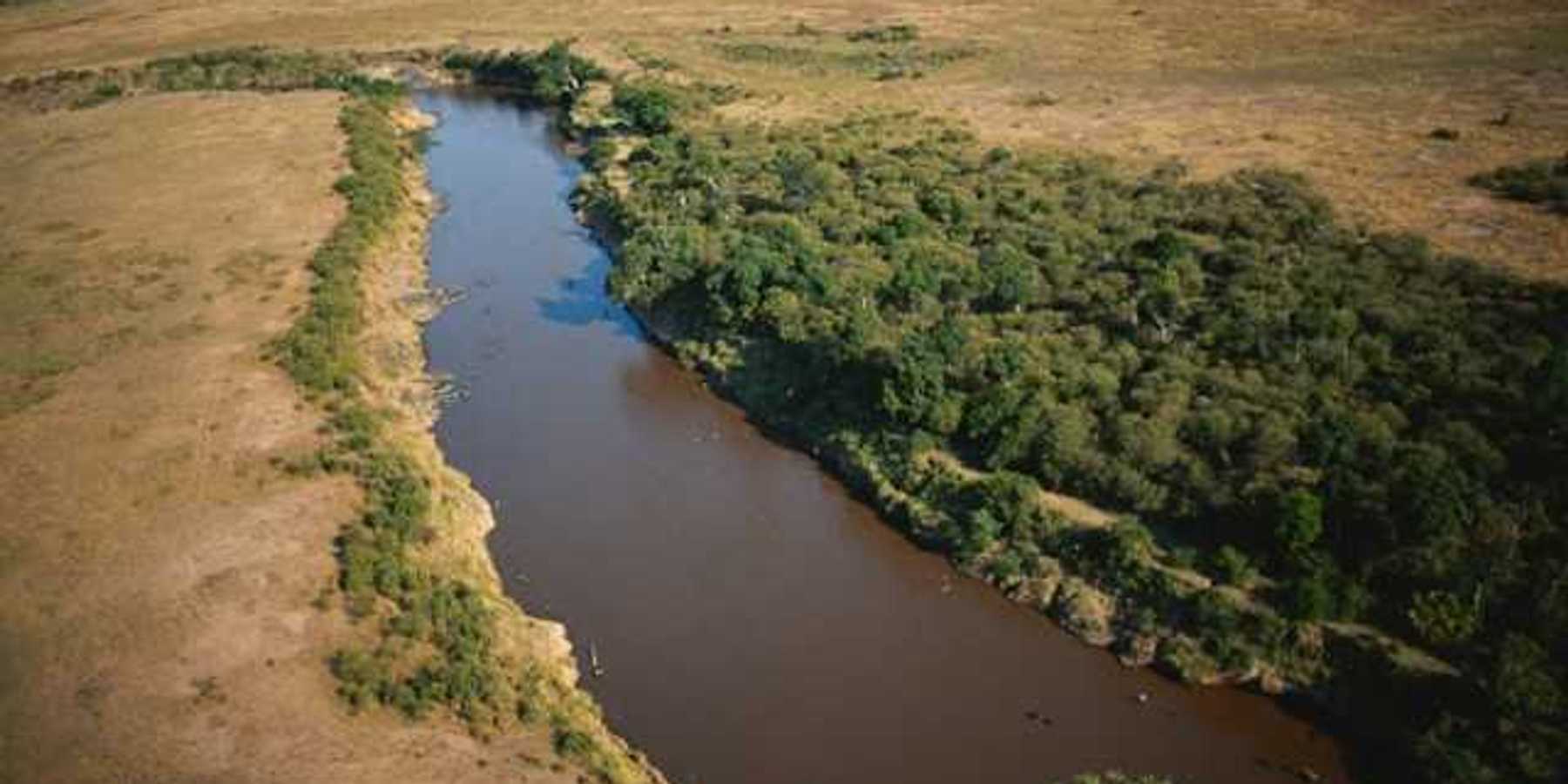27 June 2024
Research highlights fungi's key role in carbon capture
The underground networks of plant roots and fungi are proving to be essential in sequestering carbon in the soil, according to recent studies.
Matt Reynolds reports for Wired.
In short:
- Kew Gardens' fungarium, the world's largest collection of fungi, showcases the biodiversity and ecological importance of fungi.
- Mycologist Laura Martinez-Suz's research reveals that fungi, particularly mycorrhizal types, are crucial for carbon storage in soils, influencing the effectiveness of reforestation efforts.
- Nitrogen pollution disrupts beneficial fungi, but reducing pollution levels can help restore these critical networks.
Key quote:
“Replacing the complete set of fungi with other fungi has implications for long-term carbon sequestration in soil and biodiversity.”
— Laura Martinez-Suz, mycologist
Why this matters:
Understanding and protecting fungal networks is useful for improving carbon capture and mitigating climate change impacts, putting a focus on the importance of reducing pollution and supporting biodiversity. Read more: How fungi could help clean up our biggest toxic messes.













